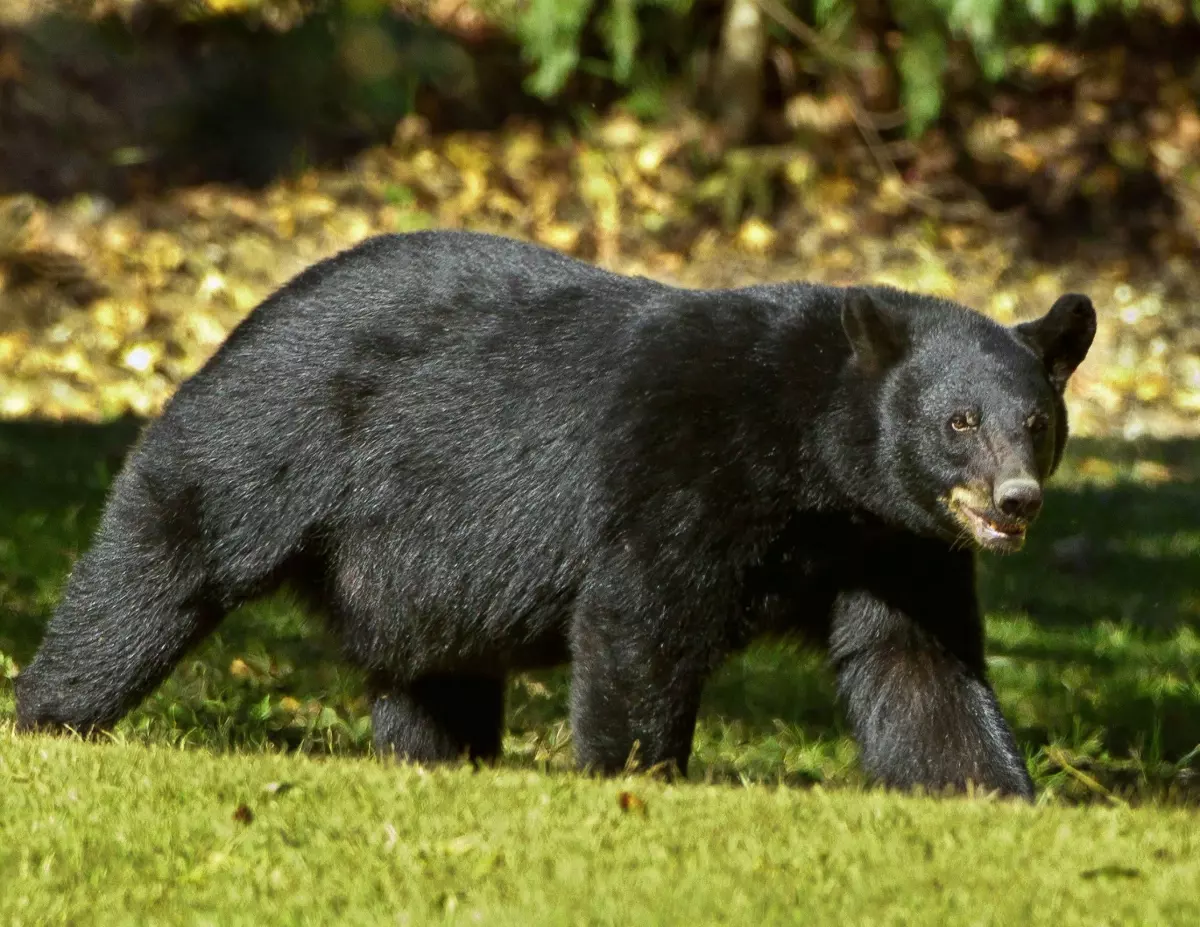Cool.
It’s difficult to visualize these days, what with the light pollution, overdevelopment and sprawl that have come to define the greater Houston area, but the ground we now stand on was once the domain of 5’ 6” black bears.
Specifically, the Louisiana black bear subspecies (Ursus americanus luteolus). Sam Houston hunted them from his cabin in Montgomery in the 1850s. In Nacogdoches, a feast of bear meat was held during the Texas Revolution. In Conroe, builders had to shoot at black bears disrupting the 1891 construction of the courthouse.
But, if you haven’t noticed, there aren’t many of our native black bears around these days.
The black bears native to east Texas have experienced a habitat reduction of 80 percent due to property fragmentation, deforestation and unregulated sport hunting. As a result, their numbers in east Texas have dwindled to zero.
That matters because as apex predators, the bears once played an essential role in the balance of the east Texas ecosystem. Were they around, they might be keeping the exploding populations of deer and rampaging feral hogs in check.
That’s where the Texas Black Bear Alliance (TBBA) comes in. The nonprofit organization is working with the Texas Parks & Wildlife Department (TPWD) to explore eventually bringing black bears back to east Texas.
They estimate that through their efforts, the bears could be reintroduced here within the next 20 years.
“Bears are in Big Bend. They came over when Mexico was having a drought. They came in search of food, and now they have shade, which is fabulous,” said TBBA president Ellen Buchanan. “We’re hoping that that happens here … If bears don’t come themselves to east Texas, [TBBA and TPWD will] facilitate bringing bears back.”
There’s a lot of factors in play here, from public education initiatives to available federal funding, which might be applied to other species considered a higher priority in Texas, to the ironic fact that these bears are no longer on the endangered species list because of successful conservation efforts in Louisiana and Mississippi. The reintroduction of Mexican black bears in Big Bend National Park provides some hope, though this would be a multi-decade effort even if all goes well. And if it does all go well, the future habitat could include some bits of Harris County. Read the rest, it’s a fascinating story.

